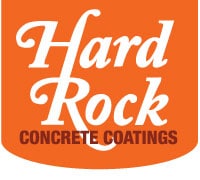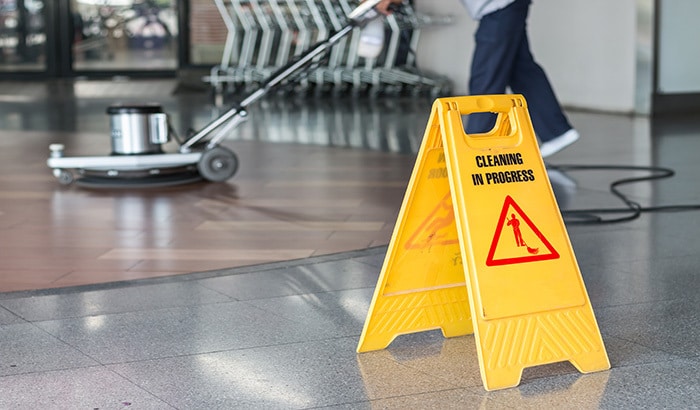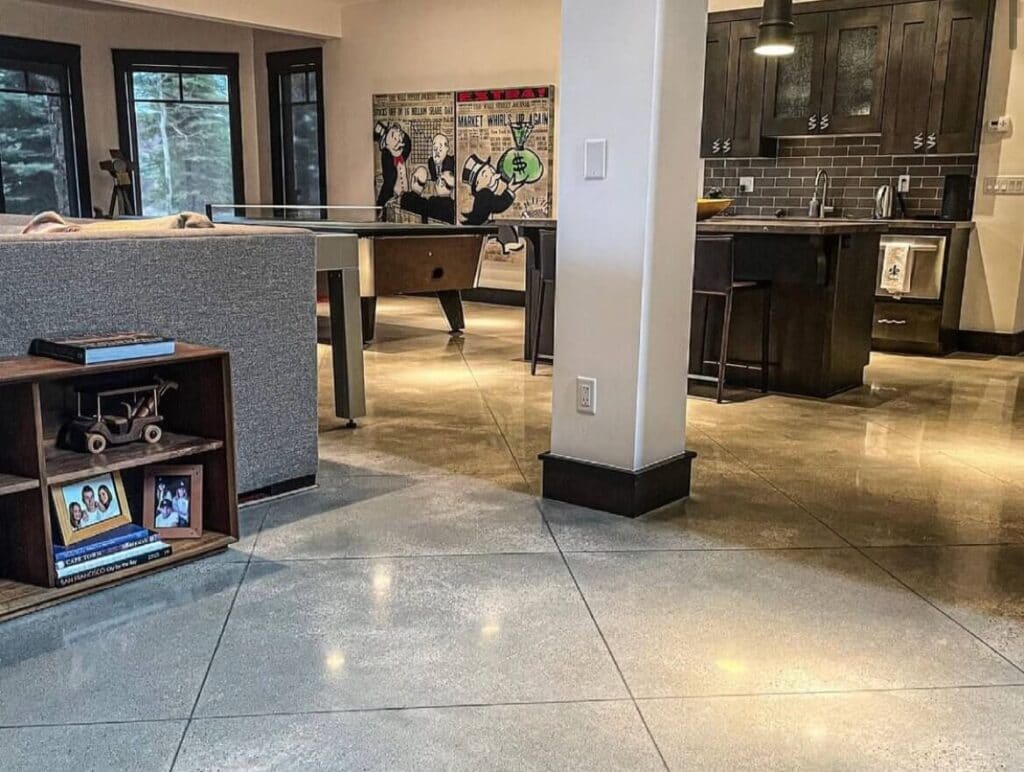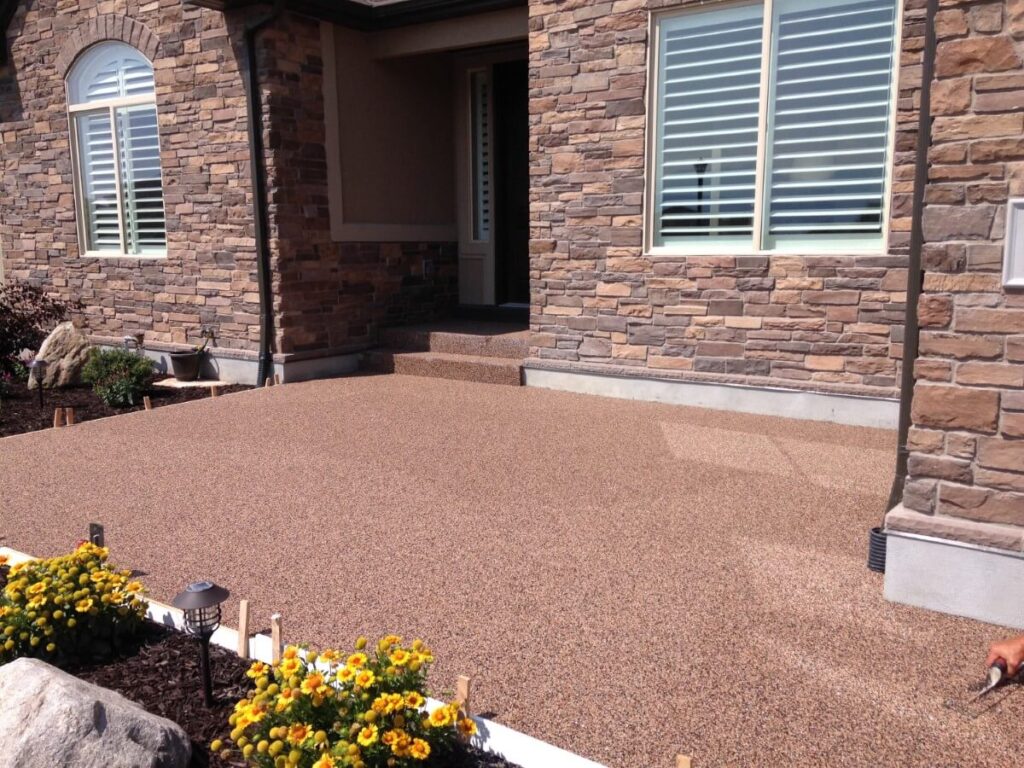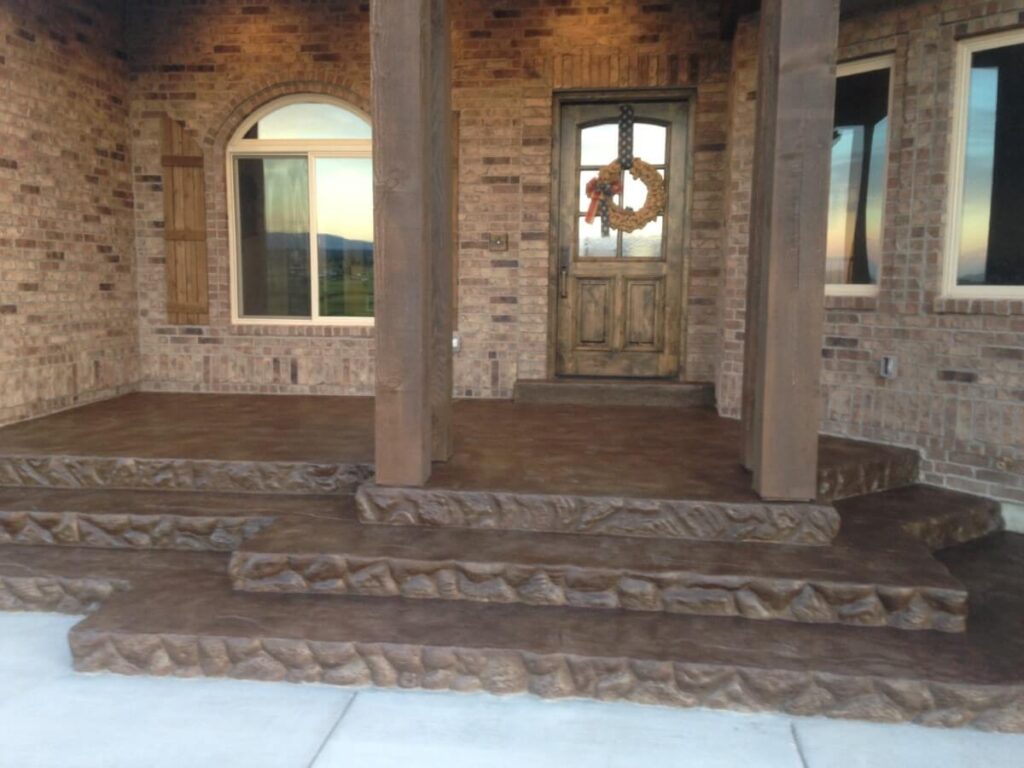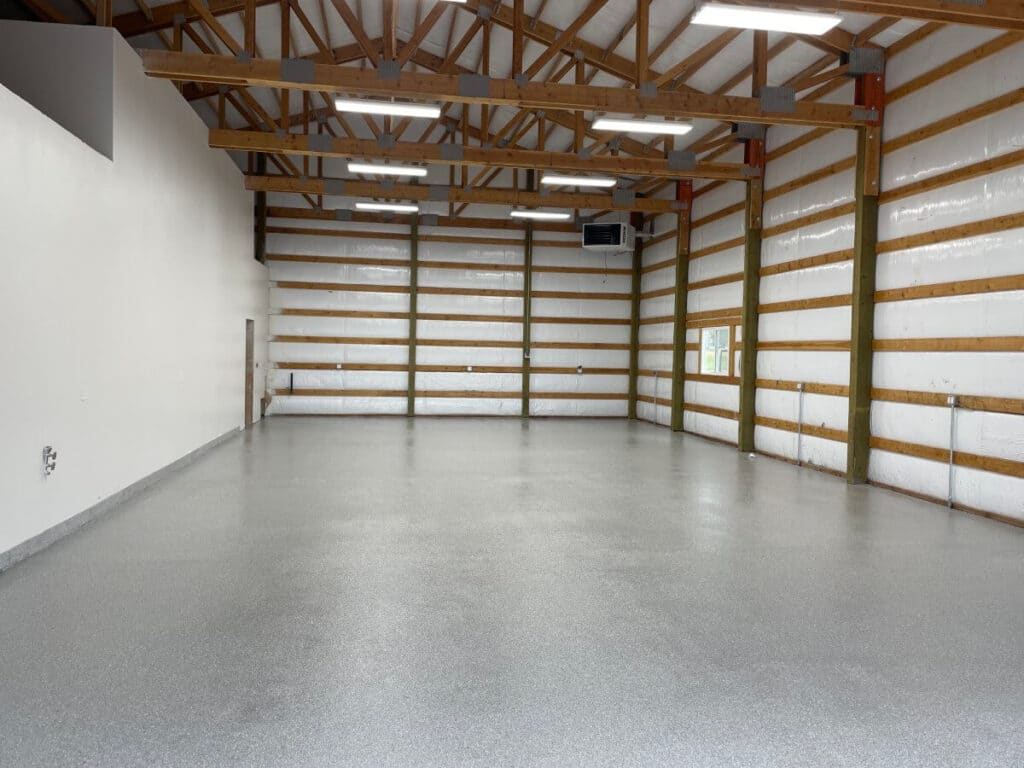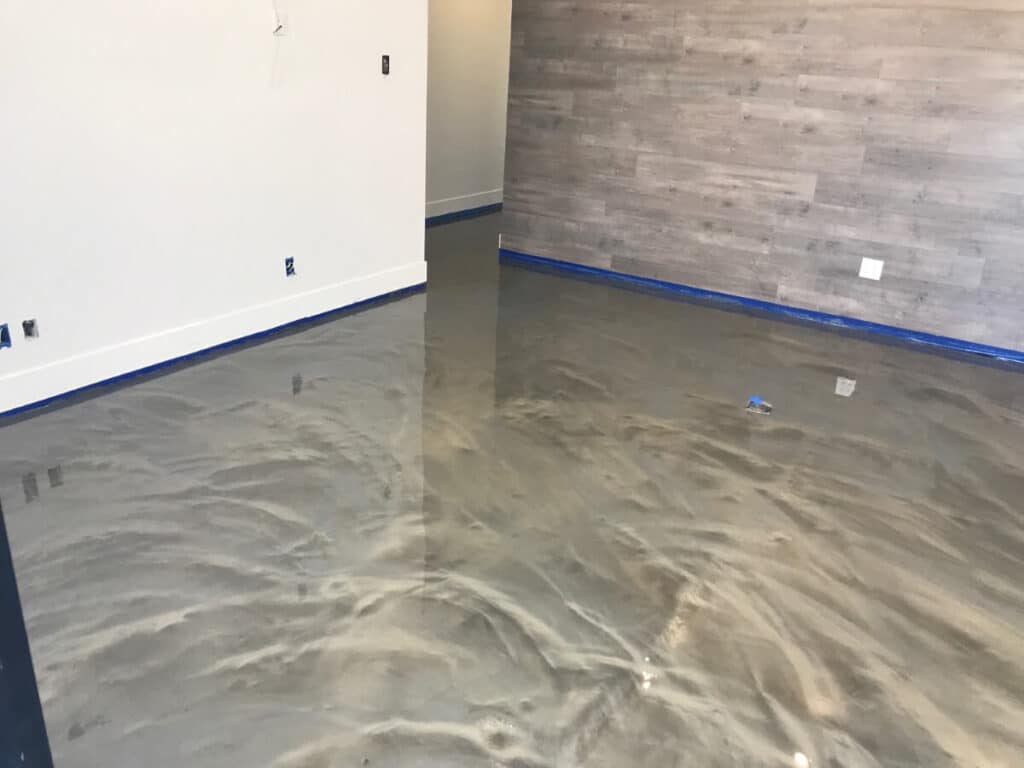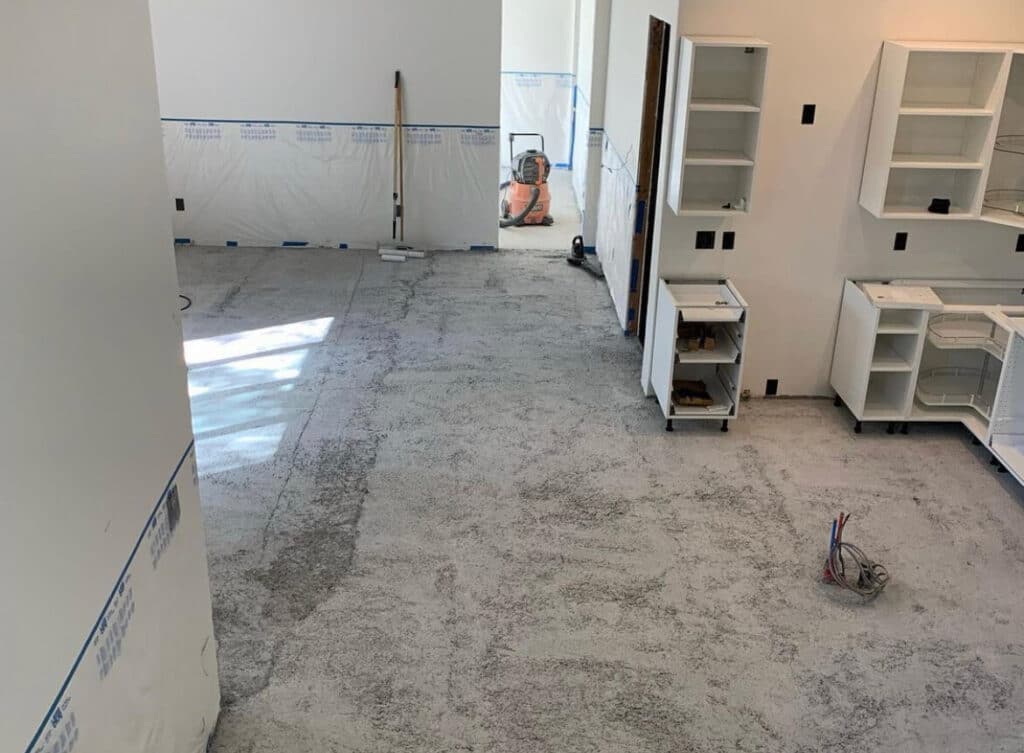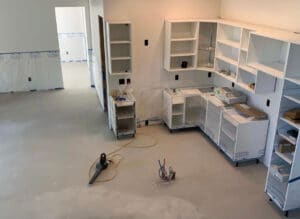Most of us don’t regularly clean unsealed concrete floors, like those in unfinished basements, because we don’t consider them a main area.
If there’s one area of our homes that tends to be neglected, it’s concrete floors. But just because these areas are seemingly low-maintenance, doesn’t mean they should continue to be ignored. Here are some reasons why you might want to unsealed concrete floors to your cleaning routine, and how to go about it.
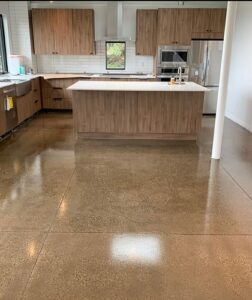
Is It Cheaper To Polished Concrete Or Tiles?
Tiles are cheaper per square foot than polished concrete. But polished concrete is easier to maintain and more durable long-term, which makes polished concrete a
